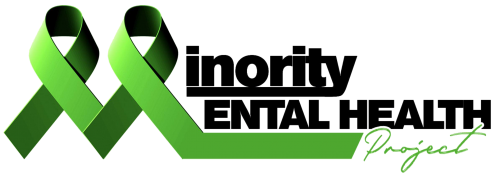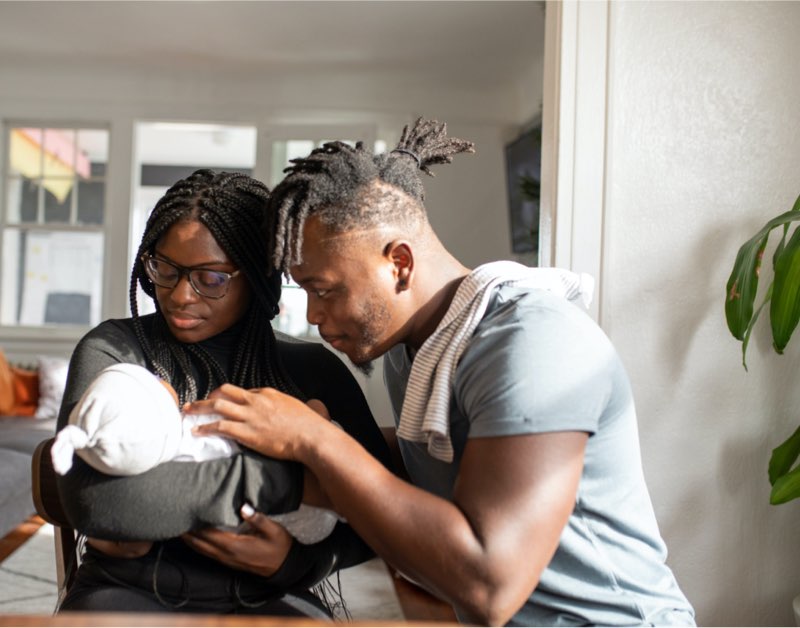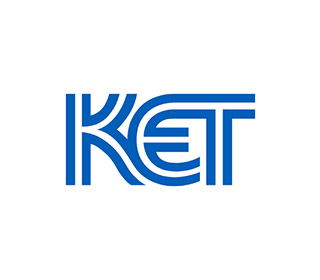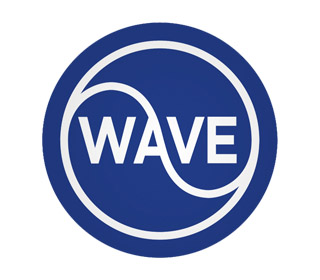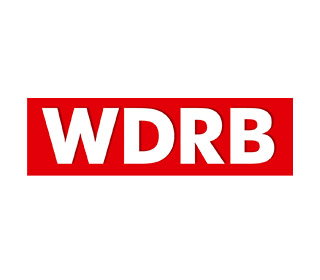Good mental health is vital to our physical health and our well-being as individuals, as families, and as a community.
Minority Mental Health Project (MMHP) seeks to empower Black and Brown individuals, families, and communities in Louisville and its surrounding communities, who have historically faced multiple barriers to accessibility, affordability, and availability of culturally appropriate mental health practitioners. Minority Mental Health Project works with community partners to provide mental health resources and education and engages in policy and advocacy.
Genuine care is fundamental for the fortitude of our community, our people, and our souls. MMHP stands with you, ready to help build a more empowered, equitable, and compassionate community. One of the ways that we do this is through our Community Voucher Program. This is a program that seeks to eliminate barriers and stigma for individuals for mental health care services.
Genuine care is fundamental for the fortitude of our community, our people, and our souls. MMHP stands with you, ready to help build a more empowered, equitable, and compassionate community. One of the ways that we do this is through our Community Voucher Program. This is a program that seeks to eliminate barriers and stigma for individuals for mental health care services.
Our Vision
Mental health solutions from people who look just like you.
Check out this video from Simmons College which is Part 2 of their Mental Health discussion. You’ll hear from Damon Cobble, our founder, directly as he shares why he believe it’s important for someone to seek help and support.
Damon Cobble founded the Minority Mental Health Project (MMHP) in 2019.
Damon works as a Mental Health Practitioner at Jefferson County Public Schools and serves as Executive Director of MMHP. He is a licensed Marriage and Family Therapist and Certified Clinical Trauma Specialist-Family based in Louisville, Kentucky. MMHP seeks to break down barriers to culturally appropriate therapeutic support communities, decrease the stigma of seeking therapy in minority communities, and provide resources connecting individuals and families to culturally appropriate practitioners.
BIPOC Mental Health Statistics And General Information
Please note that the statistics below are a brief overview of the prevalence of mental health conditions in special populations. For more details go to www.mhanational.org/bipoc-mental-health.
Black/African American Community
- Percent of African Americans with Mental Illness: 17% [Source]
- Number of African Americans with Mental Illness: 6.8 million
Latinx/Hispanic American Community
- Percent of Latinx/Hispanic Americans with Mental Illness: 15% [Source]
- Number of Latinx/Hispanic Americans with Mental Illness: 8.9 million
Asian American/Pacific Islander Community
- Percent of Asian Americans with Mental Illness: 13% [Source]
- Number of Asian Americans with Mental Illness: 2.2 million
Native and Indigenous Communities
- Percent of Native Americans/Alaskan Natives with Mental Illness: 23% [Source]
- Number of Native Americans/Alaskan Natives with Mental Illness: 830,000
- Percent of people who identify as being two or more races with mental illness: 25% [Source]
- People who identity as being two or more races are most likely to report any mental illness within the past year than any other race/ethnic group.
Native and Indigenous Communities
- Percent of Native Americans/Alaskan Natives with Mental Illness: 23% [Source]
- Number of Native Americans/Alaskan Natives with Mental Illness: 830,000
- Percent of Individuals who Identify as LGBTQIA+ with Mental Illness: 37%
- Number of Individuals who Identify as LGBTQIA+ with Mental Illness: 3.9 million [Source]
